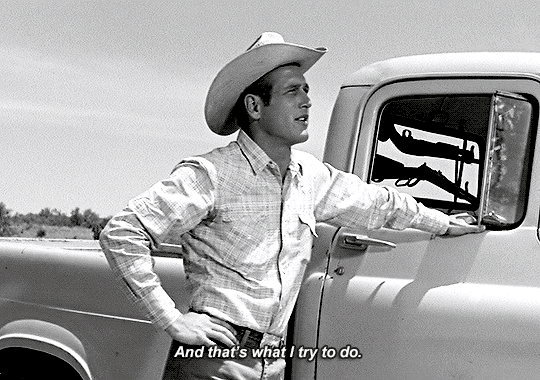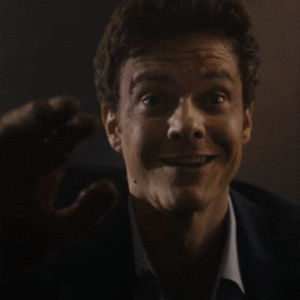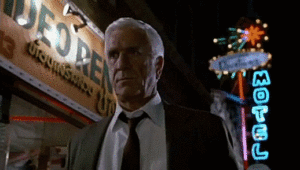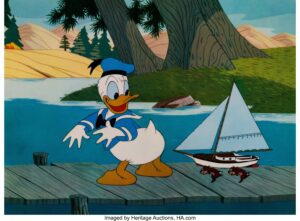Hud (1963)

…………………………………………………
Hud Movie Review
Hud is a 1963 western film directed by Martin Ritt and starring Paul Newman, Melvyn Douglas, Patricia Neal and Brandon deWilde. It’s a depressing, but superbly made movie.
………………………………………………….
“Happens to everybody. Horses, dogs, men.
Nobody gets out of life alive“
………………………………………………….
………………………………………………….
Honest and hard-working Texas rancher Homer Bannon has a conflict with his unscrupulous, selfish, arrogant and egotistical son Hud, who sank into alcoholism after accidentally killing his brother in a car crash. The sixties were the oddest, most transitional era for Hollywood that reflected on the changing mores of the period’s society. Thus, you had more innocent movies like the 50s in the early stretch and more gritty and dark movies akin to the 70s in the later stretch.
Hud is a mixture of the two, a bridge in a way, though the latter elements are more evident here. The very premise here is one where the old clashes with the new as we see an idealist, familial and sweet old man confront his much more cynical, selfish and profit-seeking son. Thus, this movie functions as a critique of the changing times and how the western can evolve as a genre. It is very much a revisionist western that is also in its essence a dialogue-heavy character study drama, which made it age much better than most other westerns of the period.
………………………………………………….
………………………………………………….
The acting performances made this movie as strong as it is. This cast was fantastic and every single actor delivered incredible work. Melvyn Douglas and Patricia Neal undeniably deserved their Oscar wins for their phenomenal performances. The former is suitably dignified and inspiring while the latter is fun and sensual, but also strong. Alma is without a doubt one of the best female characters in any western movie as she is never objectified or sidelined, but is just as important and just as admirable and complex as the other characters.
Brandon deWilde is also surprisingly good here in the role of the youngest family member who is torn between whom to follow. It’s an understated, but worthy performance. And of course you have Paul Newman, who was perfectly cast and he delivered splendid work as this highly unlikable, troubled young man. Apparently, audiences saw him as a hero oddly enough, but he was very much portrayed as a morally indefensible antagonist.
………………………………………………….
………………………………………………….
My issue with Hud is that it’s so depressing, dark and emotionally draining throughout. It was not a pleasant viewing experience and it certainly needed more lighter moments to lighten the mood a bit. The ending was also rather conventional. James Wong Howe won an Oscar for his work here and surely he killed it once again as the cinematography is absolutely incredible with the contrasting black and white colors and panning scenes effortlessly accompanying the darker mood of the picture. The score, editing and directing were also terrific, though the pacing was a bit too slow for my taste.
1963’s Hud is a different kind of western. It is a revisionist western that functions pretty much as a dialogue-heavy character study. Thus, it aged quite well as it dealt with the timeless theme of the old clashing with the young. There is a prevailing dark and depressing tone to this picture that made it overbearing, but the acting performances elevated Hud to greater heights with Patricia Neal and Melvyn Douglas being particularly strong in their deservedly Oscar-winning performances. The cinematography from James Wong Howe is another standout aspect here.
My Rating – 4
This is the sixth film in my th3ee series where I will cover one film per decade that is having an anniversary this year, from 1913 to 2013. Next up is the year 1973 where I chose The Last Detail. Keep an eye on that one as well.










